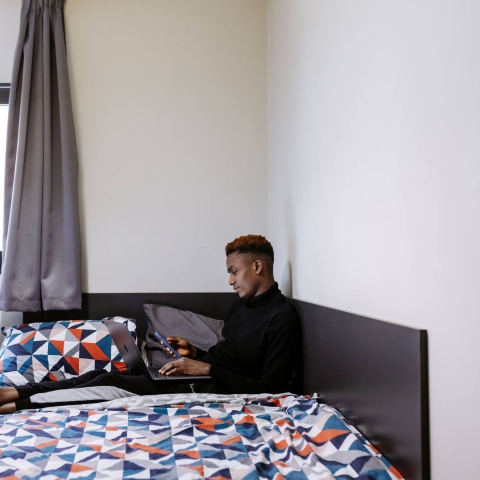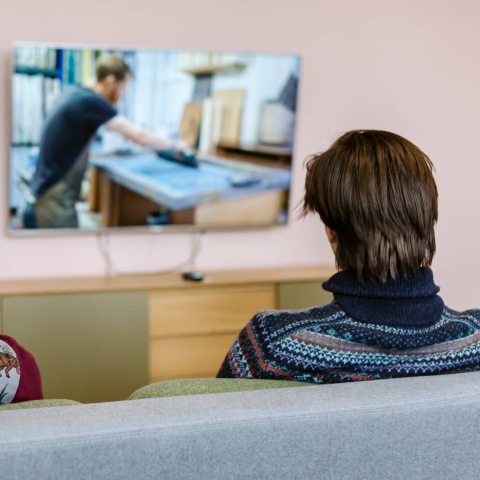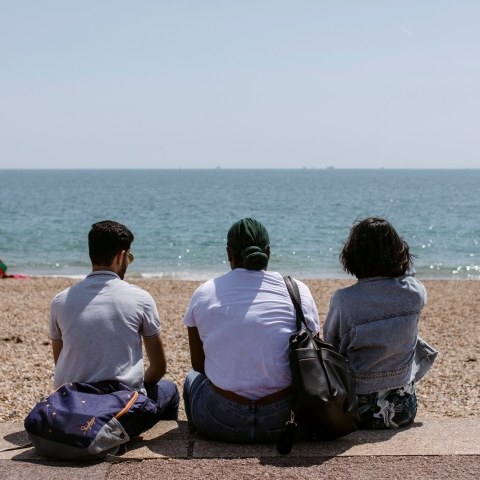

Raising awareness and recognising the many barriers faced by estranged students
21 November 2022
3 min read
Estranged Students Solidarity Week starts 21 November 2022 and runs all week with the aim of raising
awareness about family estrangement, and the many barriers faced by estranged students to
succeed in higher education. Estranged students deserve to be heard and understood and this week
is about reaching out to our students who are studying without the support from parents or family and to
encourage a wider discussion on family dynamics.
Who are estranged students?
Estranged students are those studying without the support and approval of their parents and often wider family network. Students in this position often have no
contact at all with their family, have removed themselves from a dysfunctional situation or have been disowned.
Why do students experience estrangement?
Abuse, and particularly emotional abuse, is a key cause of family estrangement, alongside clashes of values and beliefs and mismatched expectations
about family roles. Issues connected to honour-based violence, forced marriage and family rejection of LGBTQI+ students are common. There are also a proportion of estranged students who have been disowned for pursuing education against the wishes of their family or extended family network.
Support for estranged students
If you've lost touch with your parents, you might find it more difficult to get the personal and financial support you need at uni.
This is why we give you additional help, guidance and support if you're an estranged student. If you're aged 18–24 and have had a breakdown in your relationship with your parents that's unlikely to change, you're considered an estranged student.
Around 40 estranged students take advantage of our help and support each year.
Estranged Students Solidarity Week 2022 - Blogs
Read lived experiences of being a student at uni without the support of family, for Estranged Students Solidarity Week.
Being an Estranged Student is tough, but there is help available
21 November 2022
5 min read

Being estranged can be a taboo
23 November 2022
4 min read

I never realised what I was experiencing wasn’t the norm
24 November 2022
4 min read

Enable University alerts
Turn on notifications for critical updates like closures, safety alerts, and urgent service disruptions.





